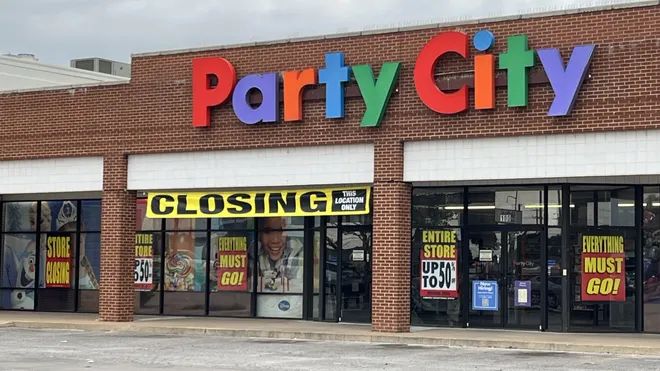Last Updated on March 26, 2025 by Bertrand Clarke
The latest economic data presents a grim picture for U.S. consumers, as confidence levels plummet at the fastest rate since the COVID-19 pandemic. Concerns over rising prices, shrinking paychecks, and an unstable job market have fueled widespread fears of an impending recession. March saw another sharp decline in consumer confidence, with expectations for future income, business conditions, and job security hitting a 12-year low.
The Confidence Crisis
Consumer confidence has now fallen for the fourth consecutive month, sinking well below the threshold that typically signals an economic downturn. The Expectations Index, which reflects consumers’ outlook for income, business conditions, and the labor market, plunged nearly ten points to 65.2. Historically, a reading below 80 has been associated with an impending recession, making this latest drop an alarming development.
This downward spiral in confidence is not just about inflation or recent tariff increases. It is deeply tied to concerns about employment and wages. A consumption-driven economy depends on consumer spending, but when individuals fear for their jobs, experience reduced hours, or see their paychecks shrink, they inevitably spend less. The result is a self-reinforcing cycle that weakens the economy further.
A Bleak Job Market
The labor market, which had shown resilience in previous months, is now showing signs of strain. While some indicators suggest that job losses have not yet surged, many workers are already experiencing wage stagnation and reduced hours. Those who do lose their jobs are finding it increasingly difficult to secure new employment, with long-term unemployment on the rise.
Historical trends indicate a strong correlation between consumer confidence and the unemployment rate. Every major economic downturn—from the 1991 recession to the dot-com bust, the 2008 financial crisis, and the pandemic-induced slump—was preceded by a steep decline in consumer sentiment. Given the current trajectory, layoffs could accelerate in the coming months, pushing the unemployment rate higher and exacerbating economic distress.
Stock Market and Economic Uncertainty
Investor sentiment is also showing signs of deterioration. For the first time since late 2023, consumer confidence in the stock market has turned negative. Data suggests that there is a strong relationship between equity markets and the labor market. During past recessions, as unemployment spiked, stock prices tumbled.
Currently, many investors have remained optimistic, continuing to pour money into the stock market. However, with consumer confidence plunging and job market instability increasing, the risk of a market correction remains high. A decline in investor confidence could trigger a domino effect, leading to further economic contraction.
Inflation and Rising Costs
Inflation remains a persistent concern for consumers, particularly as prices for essential goods and services continue to rise. The Federal Reserve has acknowledged signs of economic softness but maintains a cautious stance on interest rates. While officials cite factors such as seasonal adjustments and temporary disruptions, consumers are feeling the financial strain in real time.
Many households report that their wages are not keeping pace with rising expenses, leading to increased reliance on credit. With interest rates remaining elevated, borrowing costs are becoming more burdensome, raising concerns about rising delinquency rates on credit cards and loans.
Impact on Major Purchases
As financial uncertainty mounts, purchasing decisions for big-ticket items such as homes, cars, and appliances are being affected. Data shows a notable decline in the number of consumers planning to buy homes or vehicles, as many fear they may not be able to afford future payments. However, some shoppers are making purchases now in anticipation of higher prices due to tariffs and inflation.
Businesses, too, are responding to the uncertainty by scaling back hiring and cutting costs. Recent regional Federal Reserve reports indicate declines in both the manufacturing and services sectors, reinforcing concerns that the economic slowdown is broad-based.
Looking Ahead
The current economic environment is fraught with uncertainty. While some analysts remain hopeful that conditions will stabilize, consumers are signaling distress. Their declining confidence suggests that they expect the downturn to worsen in the coming months. If businesses and consumers continue to brace for a recession by reducing spending and cutting jobs, the economy may enter a deeper slump sooner than anticipated.
For now, policymakers and economic leaders will need to carefully monitor these warning signs. With consumer sentiment at its lowest point in over a decade, the road to recovery will require decisive action to restore confidence and stabilize financial conditions.
Are you seeing signs of economic strain in your own workplace or daily expenses? Share your thoughts and experiences as the nation navigates these uncertain times.










